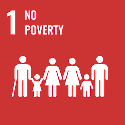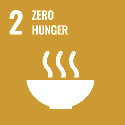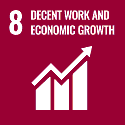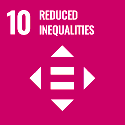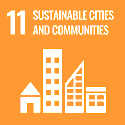Urban Gardening
Maximising small urban spaces as productive spaces to grow fresh produce for consumption and sale as a way of addressing food security in urban poor communities and creating new livelihood opportunities.
Within urban poor communities and government social housing sites in Manila lies much untapped potential for small, sustainable businesses in under-utilised backyards and community spaces.
For relocated former informal settlers living in social housing sites, families are given a house sometimes with outside space which can be utilised to grow vegetables to both feed the family and/or be sold for a small income. Alternatively, disused community spaces can be used to establish community farms managed by community members to feed families and generate income for housing cooperatives for community development.

Why Urban Gardening?
Teach new skills in urban farming as a new livelihood option.
Improve food security and access to fresh goods.
Income-generating opportunities for families and/or the community through sale of produce.
Urban Gardening Impact
How do we do it?
We assess how best to maximise space within households and community land to set up vegetable plots, mushroom houses, and aquaponics modules.
Working with technical partners, we conduct training in urban farming techniques.
We support individuals and community groups to launch vegetable-growing small businesses with the help of microfinance.
Urban Gardening Success Stories
We have successfully tailored and implemented the Urban Gardening model for several impoverished Philippines.
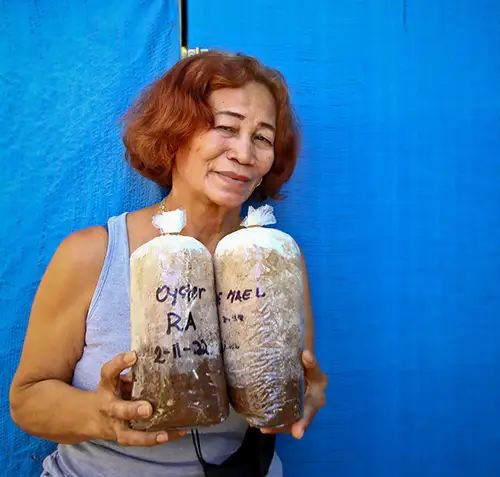
Socialised housing resident Nolimae grows mushrooms as a vital source of income for her family
Within urban poor communities, work opportunities are limited and underemployment is prevalent. Vegetable growing can provide a small business…
Do you want to make an impact through this social business model?
US$1,440
Set up a 200 sqm urban garden in a social housing site to increase income opportunities and food security.

